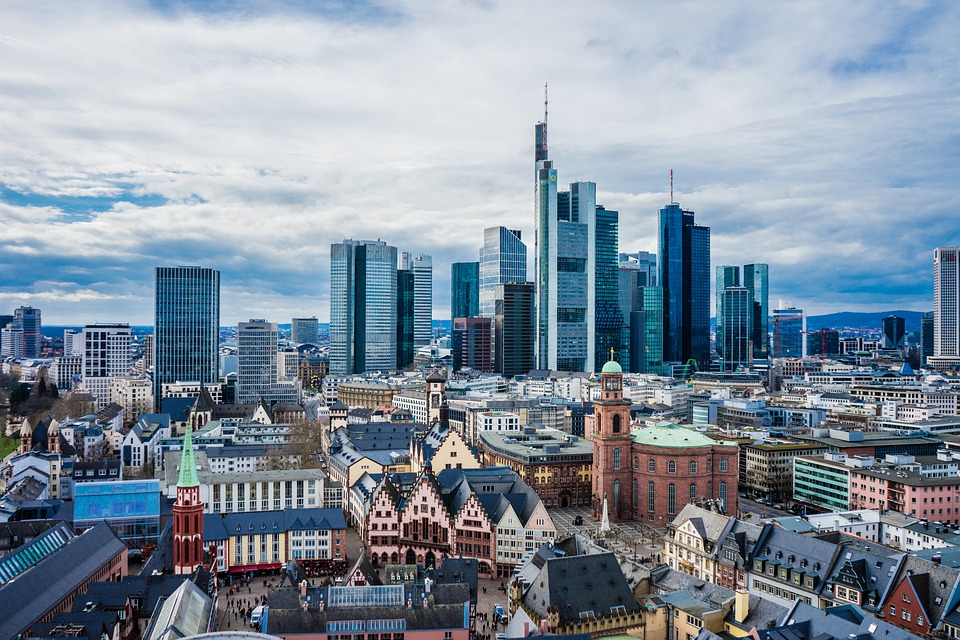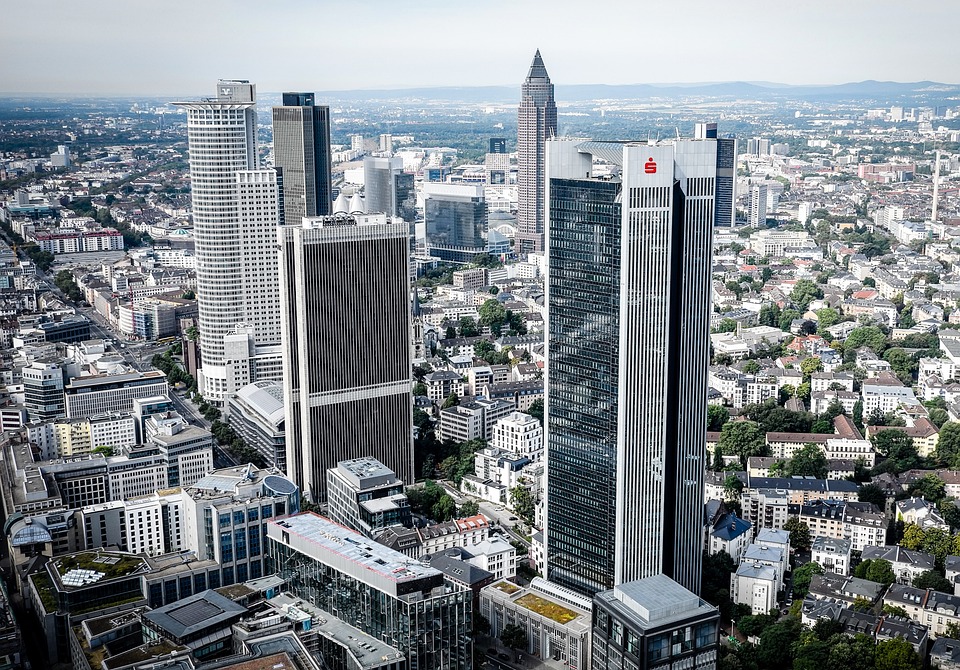The Dark Side of Capitalism: Exploring Exploitation and Inequality
Capitalism is often hailed as the most efficient economic system, promoting competition, innovation, and prosperity. However, there is a dark side to capitalism that is often swept under the rug – exploitation and inequality. In this article, we will explore how capitalism can lead to exploitation of labor and resources, as well as perpetuate social and economic inequalities.
Exploitation of Labor
One of the key criticisms of capitalism is its tendency to exploit the labor of workers. In a capitalist system, the primary goal of businesses is to maximize profits, often at the expense of their workers. This can lead to a number of exploitative practices, such as low wages, long working hours, and unsafe working conditions.
One of the most common forms of labor exploitation in capitalism is the phenomenon of sweatshops. Sweatshops are factories where workers, often in developing countries, are forced to work long hours for very low wages in poor working conditions. These workers are typically not provided with proper safety equipment or training, leading to high rates of workplace injuries and even death.
Another form of labor exploitation in capitalism is the prevalence of child labor. In many developing countries, children are forced to work in order to help support their families. These children are often subjected to dangerous working conditions and are paid far below the minimum wage, if they are paid at all.
Overall, the drive for profits in a capitalist system can lead to the exploitation of workers, especially those who are marginalized or vulnerable. This exploitation can have serious consequences for the physical and mental well-being of workers, as well as perpetuate cycles of poverty and inequality.
Exploitation of Resources
In addition to the exploitation of labor, capitalism also has a tendency to exploit natural resources for profit. Capitalist economies rely on the extraction and consumption of resources such as oil, coal, and timber in order to drive economic growth. However, this consumption comes at a cost to the environment and to future generations.
One of the key consequences of resource exploitation in capitalism is environmental degradation. The extraction of resources often leads to pollution, deforestation, and habitat destruction, which can have devastating impacts on ecosystems and biodiversity. In addition, the burning of fossil fuels for energy production contributes to global climate change, which threatens the stability of the planet.
Furthermore, the exploitation of resources in capitalism can lead to social injustices, particularly in indigenous communities. Many of the world’s remaining natural resources are located on indigenous lands, and these communities are often subjected to forced displacement and loss of livelihoods in order to make way for resource extraction projects.
In summary, the drive for profit in a capitalist system can lead to the exploitation of natural resources, which has consequences for both the environment and for marginalized communities. This exploitation is unsustainable in the long run and highlights the need for alternative economic systems that prioritize environmental sustainability and social justice.
Inequality
Perhaps the most glaring issue with capitalism is the perpetuation of social and economic inequalities. In a capitalist system, wealth and power are concentrated in the hands of a few, while the majority of people struggle to make ends meet. This creates a cycle of inequality that is difficult to break.
One of the main drivers of inequality in capitalism is the unequal distribution of wealth. The rich get richer while the poor get poorer, leading to widening income and wealth gaps. This inequality can have a number of negative consequences, such as limited access to healthcare, education, and housing for those at the bottom of the economic ladder.
In addition, capitalism perpetuates inequalities based on race, gender, and other social identities. People who are marginalized or discriminated against in society often face additional barriers to economic success, further entrenching their positions at the bottom of the social hierarchy.
Overall, capitalism has a dark side that is often overlooked in discussions about its benefits. Exploitation of labor and resources, as well as the perpetuation of inequalities, are serious issues that need to be addressed in order to create a more just and sustainable economic system. By acknowledging and confronting these issues, we can work towards a more equitable and humane society for all.




